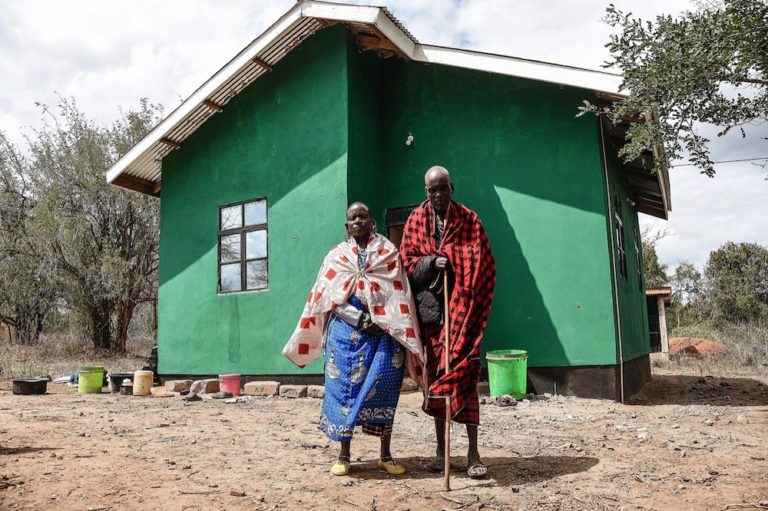The government has shut down the "Leo Tena" newspaper and suspended publication of the "Kulikoni" newspaper for 90 days.
(MISA/IFEX) – The Tanzanian government has de-registered the “Leo Tena” newspaper and suspended publication of the “Kulikoni” newspaper for 90 days, effective 11 January 2010. The draconian measures were announced by Minister of Information, Sports and Culture Captain George Mkuchika in Dar es Salaam on 10 January.
The minister claimed the newspapers are being punished for violating journalism ethics. He said “Kulikoni” violated national security laws by covering a story on the army, while “Leo Tena” was accused of having violated the Penal Code by publishing obscene materials. “Leo Tena” was accused of publishing pornographic materials of nude lesbian women having sex.
With respect to “Kulikoni”, the minister claimed that, in November 2009, the newspaper published a story with the headline “Exam cheating germ enters the army”, which he said embarrassed the military and prompted it to lodge a complaint. It was also claimed that the paper’s editor was asked to substantiate the information but that he gave baseless explanations.
“The law prohibits anyone who is not an army officer from commenting on anything relating to the army,” the minister said.
The suspension of “Kulikoni” comes about one month after its publisher, Media Solution, decided to publish the newspaper and its sister English-language paper, “This Day”, on a weekly instead of a daily basis. “Kulikoni” is one of the few newspapers to have persistently exposed and commented without fear on graft in Tanzanian society.
Quoted by the “Tanzania Daima” newspaper on 9 January, Reginald Mengi, the IPP media group chairman and owner of “Kulikoni”, said, “I am shocked, I have never seen any government fighting with the media, especially during an election year. It is a very sad move. This (will) encourage misunderstanding and allow graft to continue. It is very sad.”
Tanzania is expected to hold its fourth multiparty general election in October.
MISA-Tanzania condemned the actions of the government and urged it to always make use of the Tanzania Media Council. MISA-Tanzania said the country has a functioning Media Council, where those who feel aggrieved by any publication can use the council as a remedy. MISA-Tanzania opposes any legislative attempt to regulate the conduct and practice of media practitioners. MISA’s position is that regulatory structures should be voluntary and free from government intervention and control, as well as the control of media owners. The laws used to close and suspend newspapers should always be measured against constitutional provisions on media and freedom of expression.
BACKGROUND:
The closing and suspension of newspapers has become a problem in Tanzania. On 26 July 2001, the government banned nine Kiswahili local weekly magazines and suspended three tabloids for allegedly publishing indecent photographs that corrupt society and thwart campaigns to combat HIV-AIDS in the country. Two of the Kiswahili tabloids, “Cheko” and “Zungu”, were suspended for six months, while the “Kombora” tabloid was banned for 12 months. The Kiswahili magazines closed by the government were “Mama Huruma”, “Tafrani”, “Chachandu”, “Mizengwe”, “Maraha”, “Kula Vitu”, “Penzi Kikohozi”, “Uroda kwa Foleni” and “Simulizi Kutoka Chumbani”.
On 13 October 2008, the government suspended the “Mwanahalisi” newspaper for 90 days for allegedly going against professional ethics and for publication of news with the intention of inciting public hatred against President Jakaya Kikwete and contributing to misunderstandings within the president’s family. The ban was lifted after the 90-day suspension had been completed.


